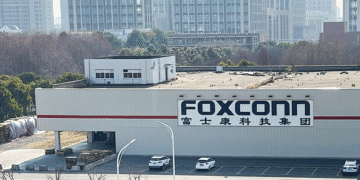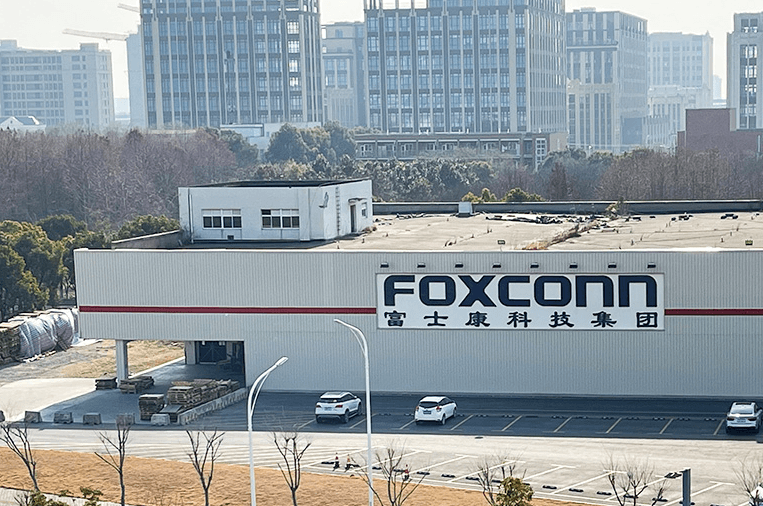Athira Sethu
Kochi, 28 Oct 2025
Taiwan’s Foxconn, the largest electronics maker globally, has stated plans to invest as much as NT$42 billion (approximately $1.37 billion) in artificial intelligence and supercomputing technology. The board of directors of the company approved this investment to be made between December 2025 and December 2026 from Foxconn’s own resources.
The investment is intended to deepen Foxconn’s cloud computing business and accelerate the growth of the company’s three smart technology platforms. While Foxconn has not disclosed precisely where it would invest, a person familiar with the situation confirmed that Taiwan will be the area of focus.
Foxconn, or Hon Hai Precision Industry Co Ltd, has also been ramping up investments in artificial intelligence and cloud technology in recent years. The company had previously been famous for producing electronics components for the likes of Apple. But as demand for traditional electronics such as smartphones declines, Foxconn is trying to move into new spaces, including AI and cloud computing, to fuel its future growth.
Earlier this year, Foxconn joined hands with Nvidia to construct an AI center in Taiwan. The center will be powered with 100 megawatts of power, reflecting the company’s interest in AI development. Further, the company also intends to collaborate with Japan’s SoftBank to produce data center hardware in Ohio, USA. This project named Stargate is intended to assist with the expansion of artificial intelligence infrastructure in the United States.
The investment in AI and supercomputing is Foxconn’s move to diversify its operations beyond conventional electronics manufacturing. Through investment in cloud computing and AI, Foxconn aims to profit from increasing demand for the two technologies and become a market leader in the next wave of innovation in the tech sector.
Foxconn’s investment in AI and supercomputing underscores the company’s intent to remain competitive and expand in emerging markets. With these investments, the company is positioning itself to benefit from the increasing demand for cloud offerings and AI-based solutions, which are increasingly significant to industries across the globe.





















